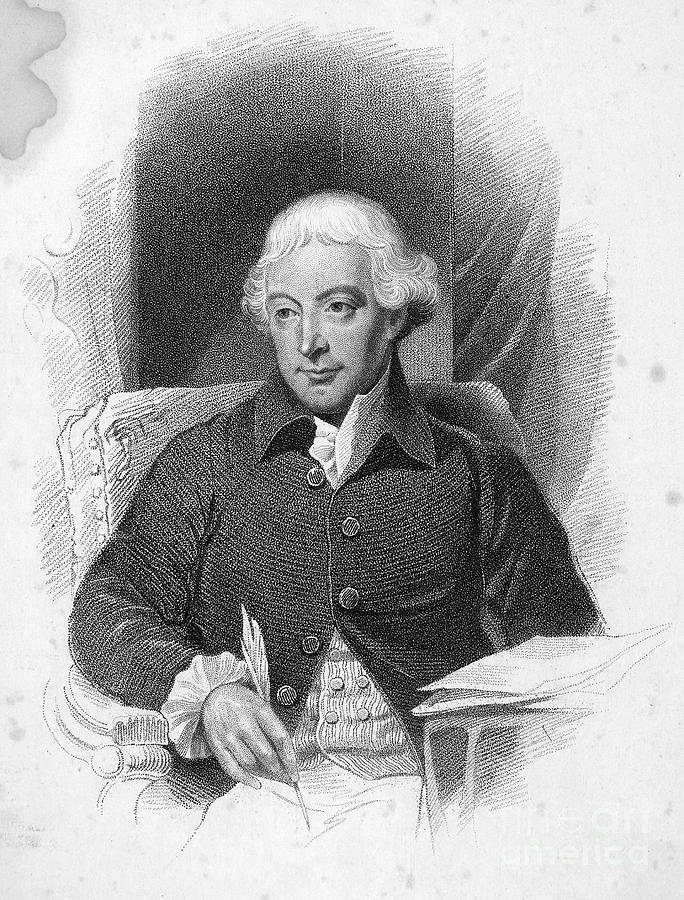
Sadly, the stories are all too relevant today. There are important lessons to be learned in what befell Germany, Austria and other belligerants after the war. With currency destruction used as the dropoff point, Fergusson describes for the reader what happens when money is devalued, and it's surely a descent into Hell. Thus must sound money be the first bastion of a society's defence."

The book's prologue ends with the simple suggestion (echoing Keynes) that "if you wish to destroy a nation you must first corrupt its currency. His account of Germany's currency tragedy will ring true to indviduals of all stripes who've witnessed a mercifully pale imitation of the mark's devaluation since 2001 in terms of the dollar, euro and pound. More important is what Fergusson writes about the consequences. It's hard to tell the ideology of author Adam Fergusson, but as a read of When Money Dies ably reveals, when it comes to monetary debasement ideology is really beside the point. The story of the mark's descent into nothingness is scarily relevant to what we're witnessing today on the currency front, and the stories within touch on myriad modern themes about runaway government debt, investor flight to hard assets, and societal unrest related to monetary mischief. The German devaluation of the mark, which began during the war, continued at great speed in its aftermath such that, by 1923, the dollar bought 4,200,000,000,000 units of the almost worthless currency. Federal Reserve's "quantitative easing," this essential book was republished and re-released in 2010.

Largely because the world has been forcibly reacquainted with central banks, and specifically, the U.S. When Money Dies, the horrifyingly true story of post-World War I Germany's experience with hyperinflation, was first published in 1975. John Maynard Keynes, The Economic Consequences of the Peace, pp.

The process engages all the hidden forces of economic law on the side of destruction, and does it in a manner which not one man in a million is able to diagnose. There is no subtler, no surer means of overturning the existing basis of society than to debauch the currency.


 0 kommentar(er)
0 kommentar(er)
